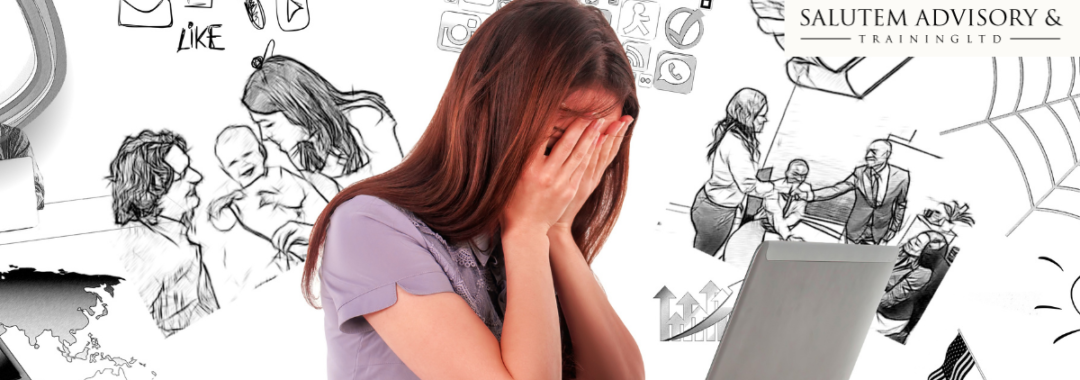
Frenetic Burnout: The Other Side of the Pandemic Facing Essential Workers
While many businesses up and down our towns and cities remain closed, the flip side there are many essential services that are open and, in some cases,, busier than ever.
Ask any essential business and their response is, “I can’t complain we’re open and working away.” While those that are closed are facing enormous struggle, there is pressure in being an essential service.
That too is taking its toll on the mental and physical health of each person involved, and unfortunately there is a reluctance to mention it. Not alone in that there is still a sense that we all find it hard to talk about our mental health. But also, because these businesses feel they cannot complain because they are trading and working in a climate that has had so many closed for so long.
Frontline workers were always viewed to be our allied medical and emergency services. While they are undoubtedly at the forefront of our ‘fight against COVID’, there are a multitude of services and teams that support them in essential works. Providing our essentials are the new frontline workers. These include post and courier staff, telecommunications, essential construction staff, retail workers, transport and logistics and food producers to name but a few.
Talk to any staff member or management of essential services and the response you’ll likely get will be: “We’re flat to the mat”, “We can’t cope with anymore” or “We’re going round the clock.” Unfortunately, you’ll most likely also hear; “I can’t remember my last day off,” or “What I wouldn’t give for a solid week’s rest to recharge the batteries!”
They aren’t talking about the fact that hotels aren’t open or that we can’t go on foreign holidays because if they were open, they wouldn’t be able to go anyway. They’re simply talking about time off. Rest. Switching off. Coming out of ‘work-mode’ for an extended period of time.
Verywellmind.com list the signs and symptoms of burnout as:
- Alienation from work-related activities: Individuals experiencing burnout view their jobs as increasingly stressful and frustrating. They may grow cynical about their working conditions and the people they work with. They may also emotionally distance themselves and begin to feel numb about their work.
- Physical symptoms: Chronic stress may lead to physical symptoms, like headaches and stomach aches or intestinal issues.
- Emotional exhaustion: Burnout causes people to feel drained, unable to cope, and tired. They often lack the energy to get their work done.
- Reduced performance: Burnout mainly affects everyday tasks at work—or in the home when someone’s main job involves caring for family members. Individuals with burnout feel negative about tasks. They have difficulty concentrating and often lack creativity.
What essential staff need is a chance to rest the brain and recharge the batteries. The stressed faces, fatigue and manic behaviour and characteristics we are seeing, resemble those that haunt me from the boom. And I hoped never to see again.
Pre-recession, there was little insight within workplaces into employees mental or physical health. If you brought up mental health at work, at least one colleague was likely to pipe up, “Pressure’s for tyres and stress is for concrete, are you saying we’re not able for it? ”We’re now slipping into the same rhythm albeit for different reasons; “I can’t complain I have a job with so many businesses closed.”
Stress, fatigue and burnout are real and are very present in our workforce today, from senior management downwards. The added pressures of COVID measures, outbreaks in the workplace and all the compliances necessary. The isolation of working from home or split working environments, on top of the frenetic level of work, is carrying a heavy burden.
Many have spoken since early in the pandemic, of seeing the effects in our healthcare workers for a long time to come. We will see the effects for many a year, but not just in our healthcare workers – in all our essential workers.
An interesting article on Frenetic Burnout can be found here – Elaine Corcoran is the Clinical Director of Brain Training Australia – a company specialising in brain-based therapies across a broad range of psychological and emotional issues.
If you feel you, or someone you know is suffering from Burnout – contact your GP, or local counselling service for advice and support. It’s important to look after your health both mentally and physically, and burnout is yet another unfortunate outcome of this global pandemic.
As a business owner, be mindful of your employees and their wellbeing. No one can pour from an empty cup, and you want to ensure you and your team are in the best place possible, mentally and physically. After all, good health IS good business.


